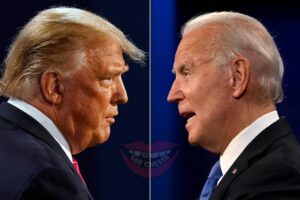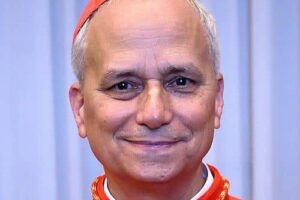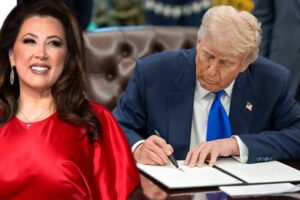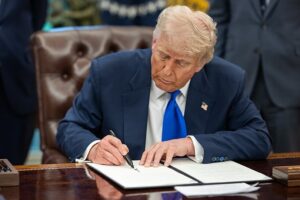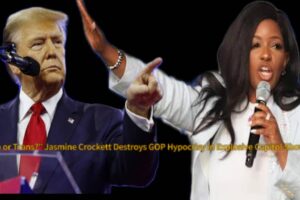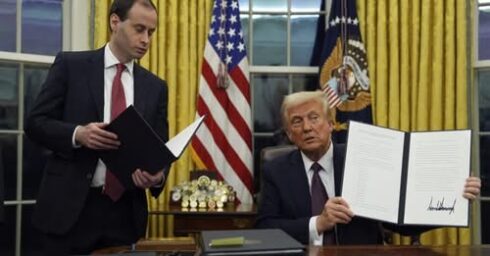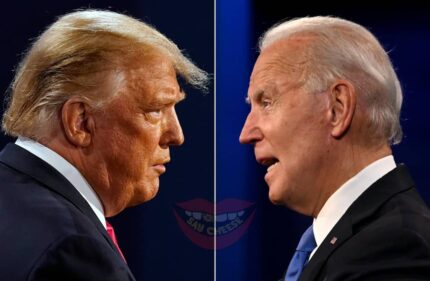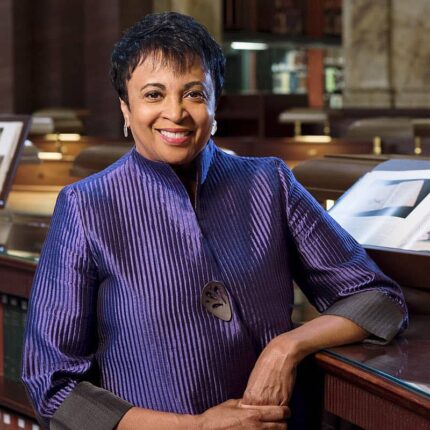In a controversial move on his first day back in office, President Donald Trump has pardoned nearly 1,600 individuals convicted or arrested for their roles in the January 6 Capitol riot. The sweeping pardons exclude only 14 key figures from far-right groups like the Proud Boys and Oath Keepers, who instead received sentence commutations. The decision, which was widely expected by his supporters, represents one of the most aggressive clemency actions in U.S. history.
The move has drawn immediate condemnation from Democratic leaders, with former House Speaker Nancy Pelosi calling it an “outrageous insult” to law enforcement officers who defended the Capitol. Critics argue that Trump’s pardons undermine the justice system and set a dangerous precedent by absolving individuals involved in violent insurrection. However, Trump and his allies defended the decision, characterizing the rioters as “patriots” who were unfairly targeted by the Biden administration’s Justice Department.
Trump’s Executive Orders Reshape Government Policy
Beyond the mass pardons, Trump wasted no time signing a raft of executive actions aimed at dismantling key Biden-era policies. Among the most notable orders was the creation of a “Department of Government Efficiency”—though it remains unclear how this will function within the existing federal structure. Trump also signed an order to begin withdrawing the U.S. from the World Health Organization (WHO), arguing that the country was contributing an “unfair amount” compared to other nations.
Additionally, Trump declared a “national emergency” at the southern border, setting the stage for renewed immigration crackdowns. This aligns with his campaign promise to strengthen border security and overhaul the asylum system, which he and his supporters have criticized as being too lenient. He also took steps to block a potential ban on TikTok, an action that surprised many given his previous push to restrict the Chinese-owned social media platform.
Major Shake-Up in Immigration Courts
One of Trump’s earliest moves in office was the abrupt removal of the acting head of the U.S. immigration court system, along with three other top officials. The immigration courts have long been a target of Trump’s criticism, with his allies arguing that lenient asylum policies contribute to illegal immigration. The shake-up signals a likely shift toward a stricter immigration policy, in line with Trump’s “America First” agenda.
The immigration court system, plagued by years-long backlogs, has seen an overwhelming number of cases, leading to the parole of thousands of migrants into U.S. cities while awaiting hearings. Trump’s administration is expected to push for tougher enforcement measures, including faster deportation proceedings and tighter asylum criteria. His critics, however, warn that such policies could lead to human rights violations and increased legal battles.
Trade Tensions Loom as Canada Evades Immediate Tariffs
On the economic front, Trump has so far refrained from imposing the heavy tariffs he had threatened on Canadian imports during his campaign. The 25% tariffs, which were expected to take effect on his first day, have been delayed as U.S. trade officials conduct a review of existing agreements with Canada, Mexico, and China. However, Trump hinted that the reprieve could be short-lived, with a possible implementation date of February 1.
Canadian officials have responded cautiously, with Foreign Minister Mélanie Joly emphasizing the importance of continued negotiations to protect Canada’s trade interests. If tariffs are imposed, Ottawa has prepared countermeasures that could escalate tensions between the two nations. The U.S. and Canada share a deeply integrated trade relationship, with total trade between the two countries reaching approximately $909 billion in 2022. A trade war could have significant economic consequences for both sides.
A Divisive Start to Trump’s Second Term
President Trump’s swift actions on his first day back in office highlight his determination to reshape U.S. policy in ways that appeal to his base. From mass pardons to aggressive immigration reforms and potential trade disputes, his decisions have already sparked fierce debate across the political spectrum. While his supporters view these moves as fulfilling campaign promises, his critics warn of the long-term damage to democratic institutions and international alliances. As Donald moves forward with his agenda, the country remains sharply divided over the implications of his leadership.

